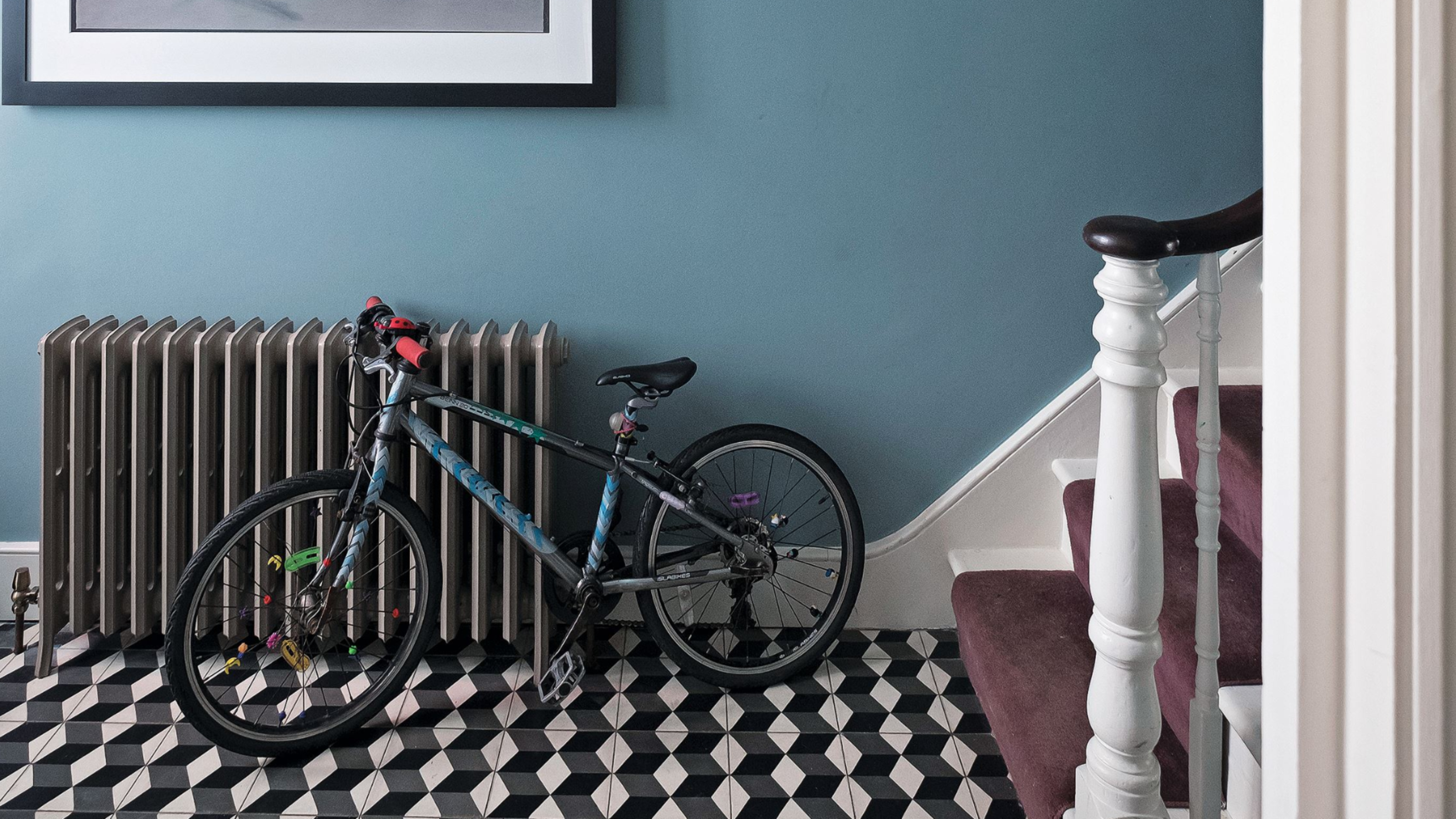Households expected to pay £35 more on energy bills this winter – what you need to know about the Ofgem price cap increase
Energy bills have gone up again


Sign up to our newsletter for style inspiration, real homes, project and garden advice and shopping know-how
You are now subscribed
Your newsletter sign-up was successful
Energy prices will rise by 2% from October, Ofgem, the energy regulator, has announced today.
After the July energy price cap saw prices fall by 7%, this most recent announcement means the average household can expect to see an increase of £35 on their yearly energy bill when the cap comes into use at the start of October.
The news means that a household using a typical amount of energy will now pay £1,755 a year. This is everything you need to know.

The price cap, which is the tariff you default to if you’re not on a fixed tariff, sets the maximum rate per unit and standing charge that can be billed to customers for their energy use. From October, this rate is rising by around £2.93 per month for the average household. So, if you’re a typical household on a default tariff paying £100 per month, this will be £102 from October.
However, the latest figures from Ofgem show that more than a third of customers (37%) are on fixed tariffs, so therefore will be unaffected by the price increase. Ofgem is recommending households to shop around energy providers to find the best deals, as well as considering a fixed tariff.

‘While there is still more to do, we are seeing signs of a healthier market. There are more people on fixed tariffs saving themselves money, switching is rising as options for consumers increase, and we’ve seen increases in customer satisfaction, alongside a reduction in complaints,’ said Tim Jarvis, Director General, Markets at Ofgem.
‘While today’s change is below inflation, we know customers might not be feeling it in their pockets. There are things you can do though – consider a fixed tariff as this could save more than £200 against the new cap. Paying by direct debit or smart pay as you go could also save you money.
Sign up to our newsletter for style inspiration, real homes, project and garden advice and shopping know-how
‘In the longer term, we will continue to see fluctuations in our energy prices until we are insulated from volatile international gas markets. That’s why we continue to work with government and the sector to diversify our energy mix to reduce the reliance on markets we do not control.’

If you’re worried about the rising costs of energy bills, switching from standard costs to direct debit can help reduce your energy bills up to £135.60 per year. Ofgem has also introduced rules that allow you to get help from your energy supplier if you’re struggling to pay your bills. This includes tailored repayment plans or emergency credit.
Ofgem say that the new fix is £625 cheaper than the cost of energy at the height of the energy crisis at the start of 2023. However, with rising food costs, rents and water bills, many households will be worrying about increased energy costs over winter.
Look for ways to save energy at home, as even small changes can make a difference in your bills. And if you are worried or struggling, speak to your supplier or an independent body such as Citizens Advice, who can advise on any benefits you may be eligible for.

Kezia Reynolds joined the Ideal Home team as News Writer in September 2024. After graduating from City, University of London in 2022 with a bachelor’s degree in journalism, Kezia kicked off her career spending two years working on women’s weekly magazines. She is always on the lookout for the latest home news, finding you the best deals and trends - so you don’t miss a thing!